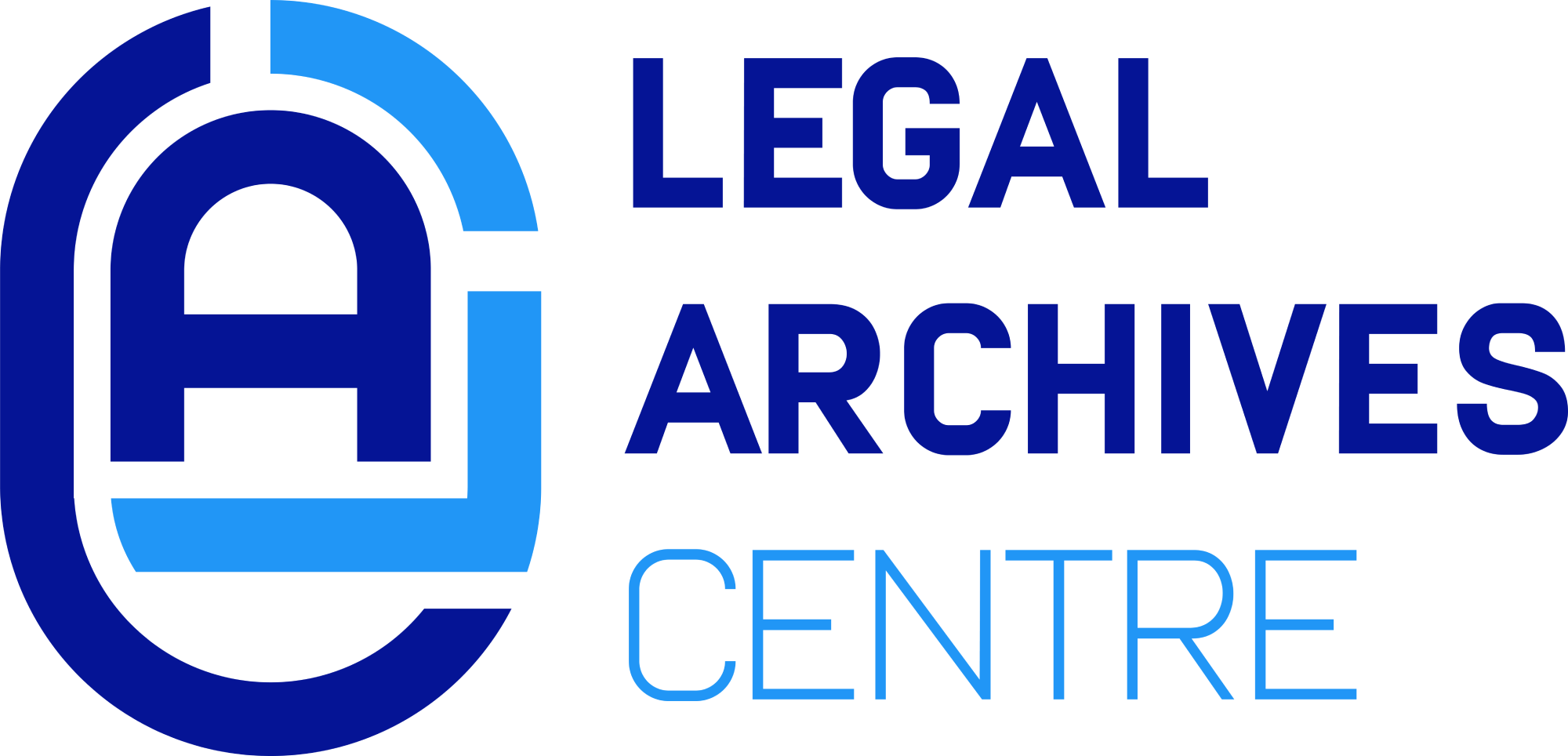INTRODUCTION
The recent ministerial notice issued by the Ministry of Ports and Marine Transport, announcing the mandatory application of the Electronic Cargo Tracking Number (ECTN) across all Somali ports, raises important questions regarding the scope and limits of ministerial authority under Somali law. Although the directive invokes transparency and maritime-security objectives, its substantive effect is unmistakably regulatory and revenue-generating. This renders it subject to the constitutional and statutory framework governing the creation of taxes, fees, and compulsory charges within the Somali legal system.
Under the Provisional Constitution of the Federal Republic of Somalia (2012), the power to impose taxes and other forms of public revenue is placed firmly within the domain of primary legislation enacted by the Federal Parliament. Article 54 allocates fiscal powers among levels of government and confirms that revenue measures must derive from democratically enacted laws rather than executive circulars. Similarly, Article 122 states that the Principles of public finance will be discussed between the Federal Government and Federal Member State in accordance with the Constitution. while Article 90 makes clear that executive rule-making authority especially where it touches on public finance must be exercised collectively through the Council of Ministers and formalized through regulations published in the Official Gazette.
From the standpoint of administrative law, a ministerial circular or notice cannot substitute for a regulation adopted by the Council of Ministers. Executive rule-making that affects rights, obligations, and economic interests particularly those involving financial burdens must undergo formal procedures, including Cabinet approval, legal vetting by the State- attorney General, and publication in the Official Gazette. The notice in question does not indicate the existence of an enabling statute or Cabinet-approved regulation, nor does it cite any delegated legislative authority empowering the Minister to impose a national compliance regime of this character. In the absence of such a legal foundation, the directive risks exceeding the bounds of lawful administrative action.
Furthermore, the relationship between the Ministry and any private contractor responsible for issuing ECTN certificates must comply with procurement rules embedded in the Public Procurement Act and related regulations. These require open competition, transparency, and public accountability, particularly where revenue-sharing arrangements are involved. Any system introduced through non-competitive contracting or without statutory authorization may be vulnerable to legal challenge on grounds of illegality, procedural impropriety, or abuse of discretion.
In constitutional terms, the imposition of financial obligations by ministerial notice raises broader concerns about the separation of powers. Allowing a minister to create revenue instruments unilaterally would undermine the legislative branch’s exclusive authority over taxation and public finance. It would also weaken democratic accountability, as Parliament would have no role in scrutinizing or approving the financial implications of such executive measures. Courts in comparable jurisdictions have consistently held that revenue-raising mechanisms must derive from statute, and that executive authorities may not, under the guise of administrative regulation, impose charges that have the character or effect of taxation.
A legally sound approach to implementing an ECTN system in Somalia would require a multi-step process consistent with constitutional and statutory standards. First, Parliament would need to enact a law expressly authorizing the introduction of the ECTN system, defining its purposes, fees, enforcement mechanisms, and institutional arrangements. Second, the Council of Ministers would develop implementing regulations under that statute, subject to legal vetting and formal publication. Third, the Ministry could then issue administrative guidelines clarifying procedural aspects, but only within the scope of authority granted by the enabling legislation. This hierarchical structure ensures that regulatory initiatives align with constitutional requirements, preserve parliamentary oversight, and protect stakeholders from arbitrary administrative burdens.
In sum, while the policy aims behind the ECTN system may be legitimate, the current ministerial directive lacks the legal grounding necessary to impose binding financial obligations. For such a system to acquire lawful force, it must be established through the constitutionally mandated legislative and regulatory process rather than unilateral ministerial action.





No comment